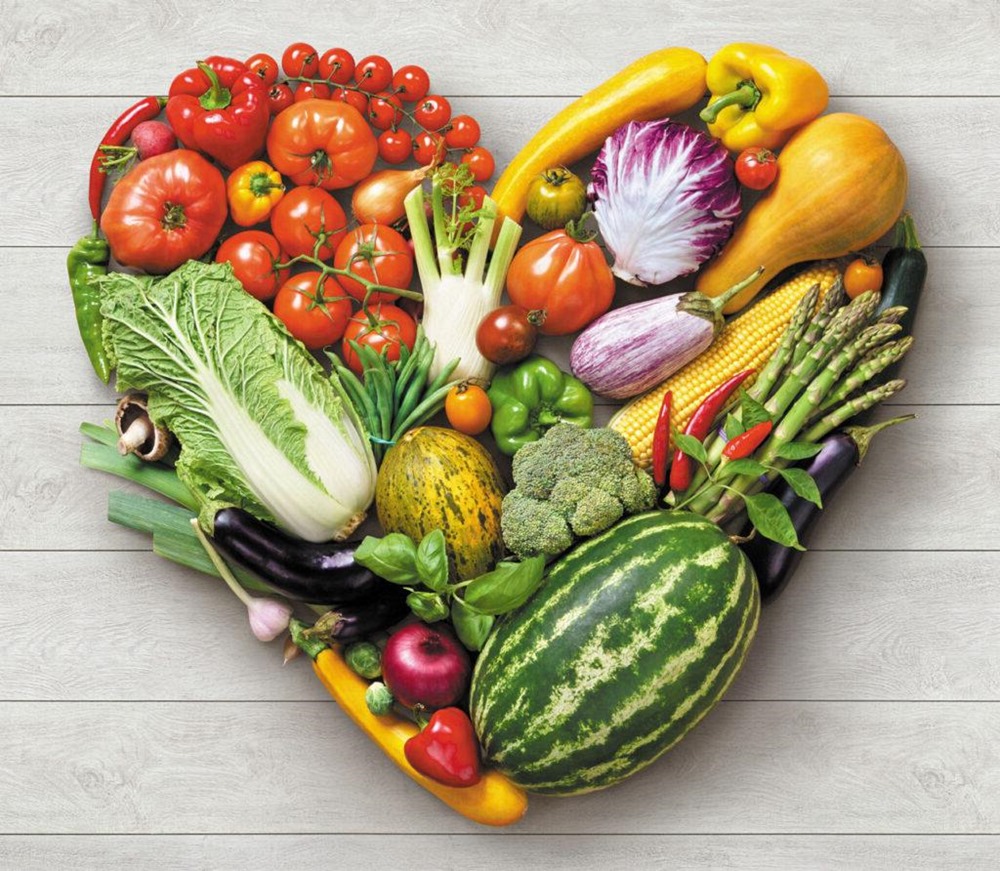Last Updated on: 18th December 2024, 12:29 pm
Athletic performance is closely linked to diet. Plant-based diets, rich in fruits, vegetables, legumes, and whole grains, provide essential nutrients for endurance and recovery. This guide clarifies how plant-based nutrition supports athletic excellence, debunking myths about protein deficiency and strength loss. Understanding plant-based eating involves embracing a variety of whole foods for optimal health and energy. With proper planning, athletes can obtain sufficient protein from plants, benefiting from essential nutrients without the saturated fats found in animal products.
This guide aims to assist athletes considering a plant-based diet, highlighting its potential to enhance performance, recovery, and overall well-being.
Nutritional Benefits of Plant-Based Diets for Athletes

Plant-based diets offer numerous nutritional benefits for athletes:
- High carbohydrate content: Carbohydrates are crucial for endurance and high-intensity performance, stored as glycogen in muscles and the liver for sustained energy.
- Antioxidants and nutrients: These compounds in plant-based foods reduce oxidative stress and inflammation, speeding up recovery and enhancing health.
- Protein sources: Lentils, beans, quinoa, tofu, and tempeh provide protein and essential amino acids, vitamins, and minerals for muscle repair and growth.
In summary, plant-based diets offer athletes a balanced, nutrient-dense option for peak performance and recovery, providing sustained energy and robust health.
Enhanced Recovery Times with a Plant-Based Diet

Plant foods’ anti-inflammatory properties are key for rapid recovery. Foods like berries, leafy greens, and turmeric reduce inflammation, aiding efficient healing after intense exercise. Antioxidants in nuts, seeds, and fruits combat oxidative stress, reducing muscle fatigue and improving recovery times. Nutrients like magnesium and potassium enhance sleep quality, further aiding recovery by promoting muscle relaxation and calmness.
Environmental and Ethical Considerations of a Plant-Based Diet

Adopting a plant-based diet reduces environmental impact by using less water, land, and energy, leading to lower greenhouse gas emissions. This sustainable approach supports climate change mitigation. Ethically, plant-based diets oppose industrialized animal farming, promoting animal welfare and aligning with compassionate living. Athletes can fuel their bodies while nurturing the environment and respecting animal life, contributing to a sustainable and ethical world.
Performance Improvements and Case Studies

Research shows that well-planned plant-based diets can enhance athletic performance, endurance, and strength. Case studies of elite athletes on plant-based diets demonstrate their ability to meet and exceed physical demands. The high carbohydrate content supports sustained energy, while anti-inflammatory properties aid recovery. Diverse plant-based protein sources support muscle repair and growth, challenging the notion that animal protein is superior.
Transitioning to a plant-based diet offers athletes a unique advantage, supporting performance and recovery while aligning with sustainable and ethical values.
Overcoming Challenges and Misconceptions

Address protein concerns by incorporating protein-rich plants like lentils, chickpeas, and nuts. Plant proteins provide a complete amino acid profile when varied. Start by gradually introducing plant-based meals, swapping meat with beans or tofu. Manage social challenges by planning ahead and communicating dietary choices. Bringing plant-based dishes to share can introduce others to the lifestyle.
- Start Slow: Gradually introduce plant-based meals.
- Discover New Tastes: Explore new, healthful flavors.
- Plan Ahead: Plan for dining out or events.
- Share the Joy: Bring plant-based dishes to share.
- Communicate: Discuss dietary choices with others.
Embracing a plant-based diet improves health and performance, fueling the body with nature’s best while supporting a sustainable and ethical world.
Bringing It All Together
Plant-based diets enhance athletic performance and recovery. This choice supports resilience and vitality through nutritional benefits, environmental responsibility, and ethical considerations. Embrace plant-based nutrition for a healthier body, planet, and future.

